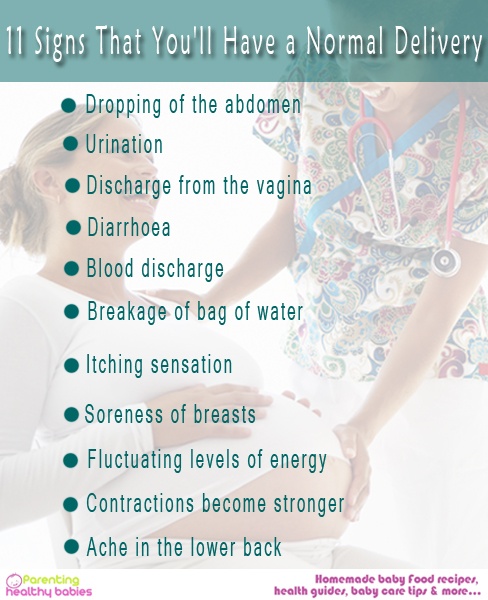Pregnancy is a miraculous and exciting time in a woman’s life, but it can also be a time of great concern. One of the biggest worries for expectant mothers is the possibility of their baby being born with birth defects. Birth defects can range from minor, easily treated issues to severe, life-threatening conditions. While not all birth defects can be prevented, there are steps that women can take to reduce the risk of birth defects during pregnancy.
10 Must Know Things To Avoid Birth Defects During Pregnancy
Take Folic Acid
One of the most important things a woman can do to reduce the risk of birth defects is to take folic acid supplements. Folic acid is a B vitamin that helps to prevent neural tube defects, which are serious birth defects that affect the brain and spinal cord. Women who are trying to conceive should start taking folic acid supplements at least one month before getting pregnant and continue taking them throughout the first trimester of pregnancy. Folic acid can be found in leafy green vegetables, fortified cereals, and supplements.
Avoid Alcohol, Tobacco, and Drugs
Consuming alcohol, tobacco, and drugs during pregnancy can significantly increase the risk of birth defects. Alcohol can cause fetal alcohol syndrome, which can result in physical, behavioral, and intellectual disabilities. Smoking can cause low birth weight, premature birth, and birth defects, while drug use can lead to birth defects, developmental delays, and other health problems. Pregnant women should avoid these substances altogether.
Get Regular Prenatal Care
Regular prenatal care is essential for a healthy pregnancy and can help to identify potential problems early on. Women who receive prenatal care are more likely to have healthy pregnancies and give birth to healthy babies. Prenatal care can also help to manage any health conditions the mother may have, such as diabetes or high blood pressure, which can increase the risk of birth defects.
Eat a Balanced Diet
A balanced diet is essential for a healthy pregnancy and can help to reduce the risk of birth defects. Women should aim to eat a variety of nutrient-dense foods, including fruits, vegetables, whole grains, lean proteins, and low-fat dairy products. They should also avoid foods that are high in sugar, salt, and fat.
Manage Chronic Health Conditions
Chronic health conditions such as diabetes, high blood pressure, and epilepsy can increase the risk of birth defects. Women with these conditions should work closely with their healthcare providers to manage their conditions during pregnancy. This may involve adjusting medications, monitoring blood sugar levels, and other interventions.
Avoid Exposure to Environmental Toxins
Exposure to environmental toxins such as lead, mercury, and certain chemicals can increase the risk of birth defects. Pregnant women should avoid exposure to these toxins as much as possible. This may involve avoiding certain foods, such as certain types of fish, and using caution when using certain household products or chemicals.
Practice Safe Sex
Sexually transmitted infections (STIs) can also increase the risk of birth defects. Women should practice safe sex by using condoms and getting tested for STIs regularly.
Consider Genetic Counseling
Some birth defects are caused by genetic factors. Women who have a family history of birth defects or who are concerned about their risk should consider genetic counseling. Genetic counseling can help to identify any potential genetic risks and provide information on how to reduce those risks.
Manage Stress
Stress can have a negative impact on pregnancy and can increase the risk of birth defects. Pregnant women should find ways to manage stress, such as practicing relaxation techniques, getting regular exercise, and engaging in hobbies or activities they enjoy.
Avoid Certain Medications
Certain medications can increase the risk of birth defects. Pregnant women should always consult with their healthcare provider before taking any medication, including over-the-counter medications and herbal supplements.
In conclusion, while not all birth defects can be prevented, there are steps that pregnant women can take to reduce the risk of birth defects. These steps include taking folic acid supplements, avoiding alcohol, tobacco, and drugs, getting regular prenatal care, eating a balanced diet, managing chronic health conditions, avoiding exposure to environmental toxins, practicing safe sex, considering genetic counseling, managing stress, and avoiding certain medications. By taking these measures, women can increase the likelihood of having a healthy pregnancy and giving birth to a healthy baby. It is important for pregnant women to work closely with their healthcare provider to ensure the best possible outcomes for themselves and their babies.
Resources:
https://pubmed.ncbi.nlm.nih.gov/27625844/













